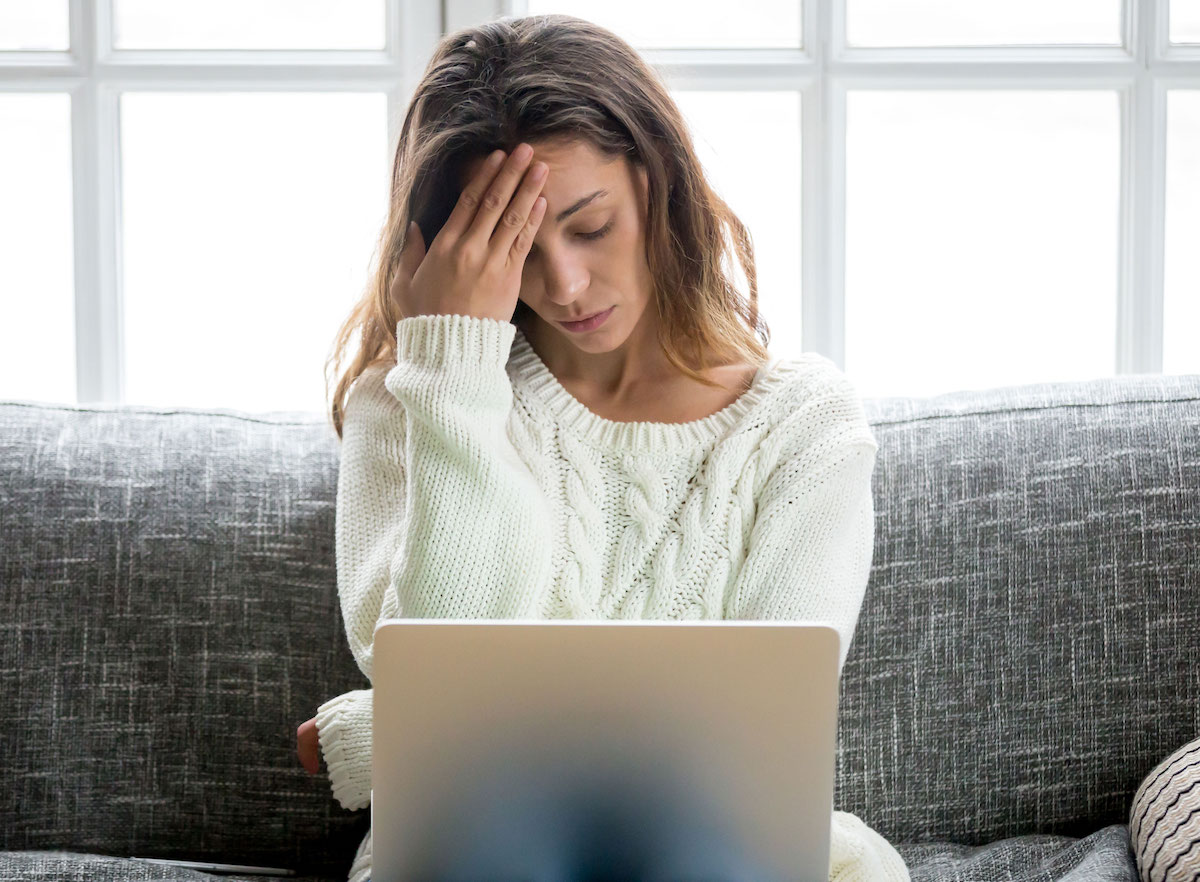<< Back
Stress, Anxiety and Your Immune System: How to Avoid Getting Sick

March 24, 2019
You take a daily multivitamin, even a Vitamin C boost when you feel a sniffle, but avoiding something else in your life is a better way to improve your immunity.
“Stress and anxiety have a tremendous impact on our immune system,” said David Tolin, PhD, director of the Anxiety Disorders Center at Hartford Hospital’s Institute of Living. “We know excess levels of stress produce hormonal changes that lower the body’s resistance to colds and other infections.”
 Dr. David Tolin
Dr. David Tolin
There are different types of stress, though, and only one really wreaks havoc on our immune system, he said.
“Stress isn’t necessarily a bad thing and we can withstand a great deal of it if we feel we can control it,” he said, referring to the anxiety of studying for a test or preparing for a major event. “It’s more the chronic or sudden and unpredictable stress that throws our bodies off.”
When we experience such stress – whether it’s the loss of a job or a personal tragedy – our body responds by sending defense signals to the endocrine system, which then triggers the release of various hormones designed to prepare the body for an emergency. In doing that, the hormones, particularly cortisol, also depresses the immune system. Increased levels of cortisol, in fact, can decrease white blood cells and inflammation, while increasing tumor development and growth and the overall rate of infection.
If you’re experiencing stress, ask yourself these questions and answer honestly. Answering yes to one or more may be a sign that your body is responding to that stress and you need to intervene.
- Do you feel edgy and cranky, picking fights with family, friends or coworkers?
- Are you feeling agitated all the time?
- Is your stomach tied in knots?
- Are your sleep patterns disrupted so you’re either sleeping too much or not enough?
There are various ways, Dr. Tolin continued, to address these physical symptoms of stress, including:
- Taking periodic breaks from work to refresh yourself. Even short breaks are helpful.
- Using meditation, controlled breathing or yoga as a way to decompress and relax. It’s even more helpful to make such a practice a regular part of your life to protect against the negative effect of stress.
- Leading a healthy lifestyle with regular exercise and a balanced diet.
- Finding a counselor, trusted friend or therapy group to talk about your stresses and identify possible ways to manage them.
“That interpersonal connection can be key to overcoming stress and anxiety,” Dr. Tolin said. “And, By lowering the level of your physiological arousal to stress, you can boost the function of your immune system.”
For professional help coping with stress and anxiety at the Anxiety Disorders Center at Hartford Hospital’s Institute of Living, click here.